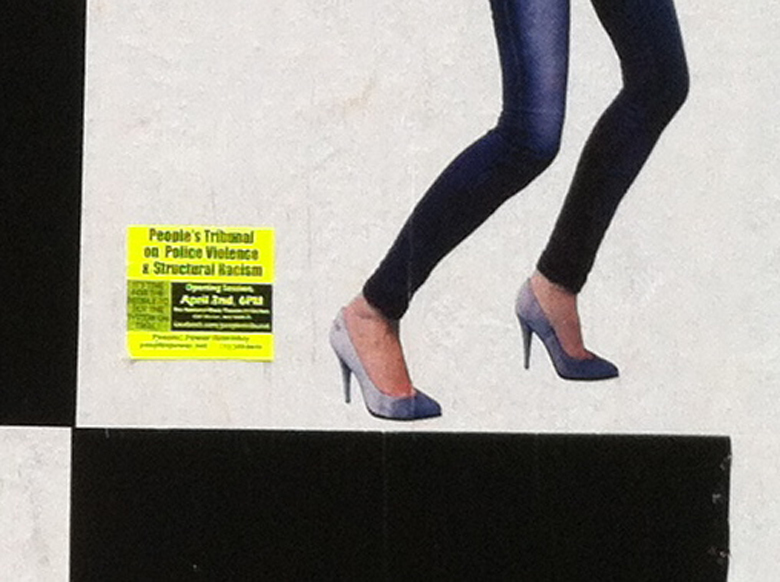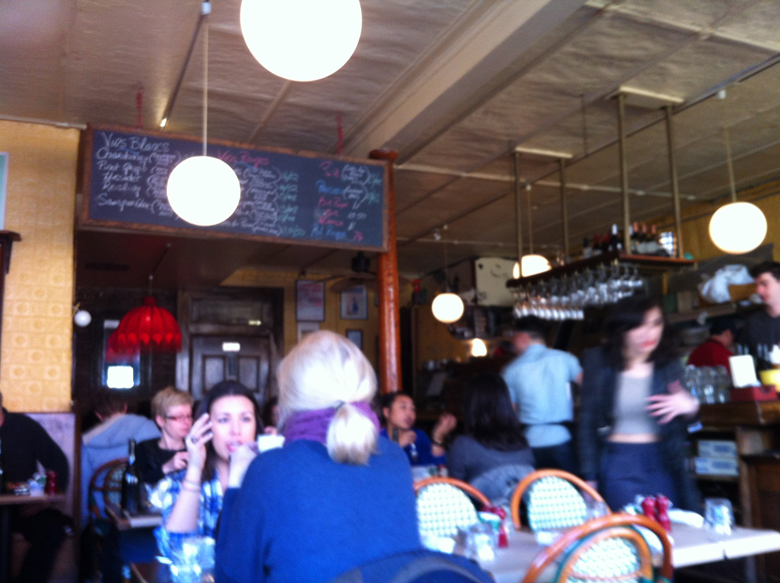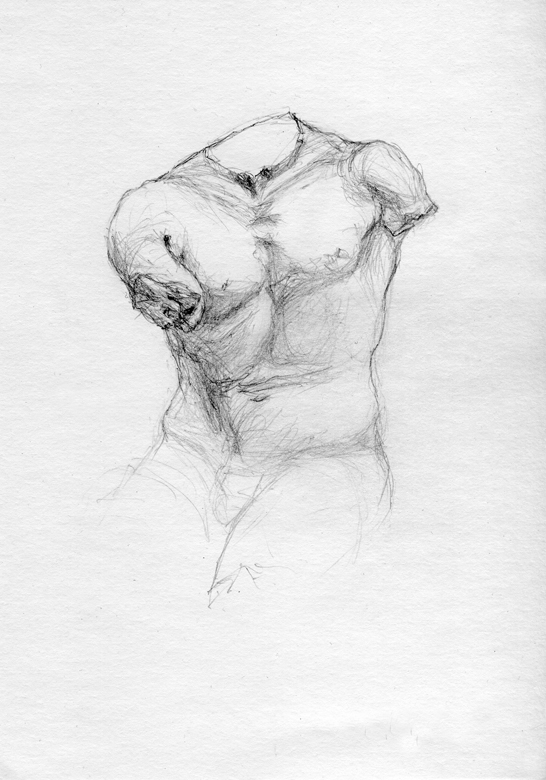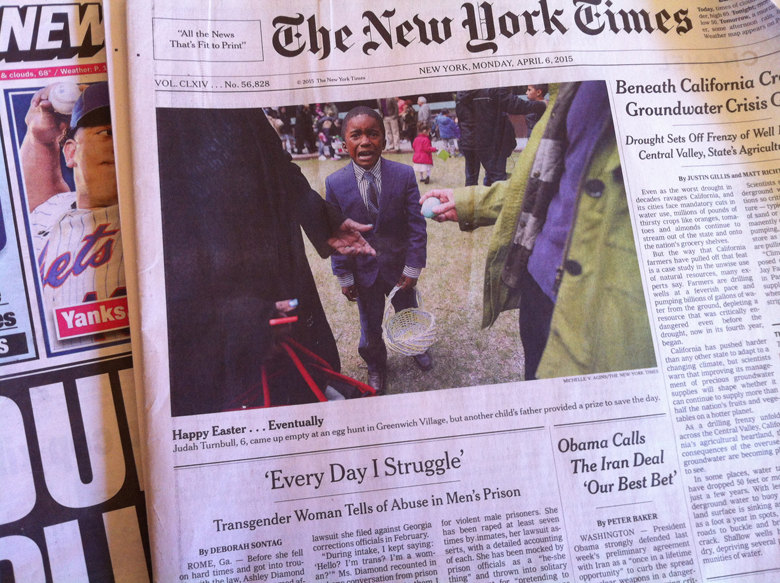XCIV
I was a fragment of the true cross for the FBI
Getting to “Ah…”
That moment when the shift becomes visible, where momentum takes over. Where objects, nor subjects, never at rest, become mobilized in ways that can only be dimly anticipated and unimagined reality suddenly – seemingly suddenly – begins to think and act for itself. It is the classic Ovid moment, where morphosis rules, between, amid and among structures: the woman shades into a sunflower, or a stream, or a tree; the man’s bones lighten so he can transform into a swan; the keels of Aeneas’s ships become the spines of naiads. It is, as they-we used to day in the ‘60s, a Happening: what’s happening, and what we see:
At about 3:45 P.M. [September 8, 1971], Lieutenant Richard Maroney entered A-yard during the afternoon recreation hour. Maroney had been mayor of Attica village for 10 years, but to the inmates of Attica Correctional Facility he was known as a “hard-rock disciplinarian type guard.” For a moment he watched the men playing cards or checkers, loafing, watching the yard television set, walking about, or “rapping.” He did not see, near one wall, Richard [X] Clark conducting a quiet “mosque meeting” for eight or nine Black Muslims. If he had, Maroney probably would have broken up the meeting as a violation of one of Attica’s many rules against “inmates congregating in large groups.”
Maroney did see a black inmate in what the officer thought was a scuffle with another black he recognized as Leroy Dewer. Dewer was one of the prisoners who had been sent to Attica after taking part in the Auburn uprising [in 1970], which made him an object of special concern to prison authorities like Maroney.
Many inmates insisted later that Dewer and his friend – still unidentified – were only in a friendly scuffle, at worst a fairly hard game of “body punching,” a rugged form of inmate horseplay that makes prison guards nervous. Maroney had an officer call out on a bullhorn for the two inmates to stop. They didn’t, so he sent two officers to bring the scufflers to him. One of the offenders slipped away into the general throng of inmates, as the officers approached. But Dewer came along, understandably nervous because he had been in enough disciplinary troubles to have been warned that another count could send him to solitary confinement – what the administration called “segregation” and Attica inmates knew as “the box” – in Housing Block 7. (HBZ).
From his place by the wall, inmate Richard Clark saw Maroney “motion” for Dewer to leave the yard; Maroney had ordered Dewer to his cell. Instead, Dewer – no doubt with visions of “the box” in his head – tried to melt back into the crowd. Maroney seized his arm, Dewer turned and struck the officer in the chest, not hard. Maroney kept coming, and Dewer struck him in the chest again. These were unheard-of acts of defiance from an inmate. A large crowd – many just curious, but many excited and angry – had gathered around the two struggling men and the two officers with Maroney. Undoubtedly, Dewer’s resistance increased the excitement of the other inmates.
In the crowd was Ray Lamorie, a white prisoner who was one of Attica’s best chess players and also a coach of one of the prison football teams – which included the D-Block Messiahs and the B-Block Brown Bombers. He and been showing his team members some tougher points of line play, but abandoned that to rush to Dewer’s support. Reports differ on how vehement his defense was – some who were present said he tried to hit Maroney…
From Tom Wicker, A Time to Die: The Attica Prison Revolt. Chicago: Haymarket Press, 2011. pp. 9-10.
Did you know that billions of people suffer from chronic or acute IWS: Imperfect World Syndrome?
Yes, billions, But, thankfully, there is a cure…
The answer to What next? is Another breath.
Ah, man, in takin’ the clinical measure of a braw lassie, ye dinna look for the bony landmarks; nae, ye spy the bonny landmarks.
Anatomical Manual, Edinburgh College of Medicine, revised edition.
What are you afraid of?
Anxiety. And a pair of ducks.
The odd, sometimes pair-of-duxical, relation between precise and concise.
And incise, and decise.
And for you Jewish grandmothers out there, must reading: Our Bubbies, Ourselves.
Race is the elephant in the living room.
What living room?
Shades of the prison-house begin to close
Upon the growing Boy,
But He beholds the light, and whence it flows,
He sees it in his joy…
August 1, 2004
Radio radio. You sit in the Ford Katie inherited from her mother, waiting for it to go legal – doing the alternate-side-of-the-street dance – when word comes over NPR that Frank “Big Black” Smith, chief of security of the Attica inmates in D-Yard died at the age of 71. Born September 11, 1933 to Ellen Pearl Smith, cotton picker and daughter of a slave. But that birthdate’s only recently confirmed, since the state of South Carolina never officially recorded his birth.
Some quick arithmetic. 2004 minus 1971. Jesus – in just over a month, on September 9, it’ll be thirty-three years since the uprising. Fast and vivid as any memory-tumble set off by the smell of madeleines come the textures of the exact moment you heard the news of the assault. Perched on a ladder up in Rutland, Vermont, slapping brown latex paint on the painting the weather-thinned shingles of your father’s house, the radio you’d balanced on the sill of an open window suddenly broke out of Do You Know What I Mean? to announce that the State Police had retaken the prison.
A second before, you’d been craning round to watch a girl stroll past on the opposite side of the street. Wow. Unreal. First of all, outside of downtown, nobody walks in Rutland. Sidewalks are symbolic. She must be a hallucination conjured by your New York-schmertz. Brown hair swaying freely across her scapulae – not some weird, armored VT hairdo – cut-off jeans, shirt tied in front – no one dresses that way up here. Less out of Puritanism than from a deeply rooted conservation of boredom.
Yes, Attica. Holy shit. Many dead. What about Robin? Run to the phone and make a bunch of expensive calls to New York. Pay Jack back later. Fuck it, he could dock your pay if he ever decides to cough up any of the bread he owes to you. Nothing, no one knows anything.
You couldn’t have said it in so many words at the time, but the days, not so long past, when you were close with Robin as a kind of brilliant, screwy older-brother-you-never-had who seemed like he belonged to a different geologic epoch. You’d tripped with Robin – helped guide his virgin flight on hallucinogens – and lots more besides. He’d stood up for you in particular situations, plus he genuinely dug your artwork. Anyone who meet artistic intention halfway, who allows themselves an unguarded appreciation, wins a special place in your heart.
That night or the next – you remember it was dark outside – your then-partner called to say Robin had survived, though he’d been badly beaten in the aftermath. Little by little fragments assembled themselves. Sam had been killed, word had it, by a State Police sniper. Which made a kind of awful sense. The assault was, among other things, a chance for settling scores. He and Robin had been standing next to one another and Sam had died in Robin’s arms.
But it took years for you to figure out the hinge effect: that when Governor Rockefeller broke off negotiations and ordered the prison retaken, the long counter-revolution began. Slowly the knowledge began to creep into your bones that despite the brave slogans – Attica Means Fight Back! – and vows to ramp up the struggle, the spine of the movement had been broken.
And here we are now. We who’ll drink cup of kindness to Big Black tonight. And Robin. And Auld Lang Syne.
[From Notes of a New York Son, vol. 3, “Bush of Ghosts.” New York: Eric Darton Books, 2012]
Žižek, Shadrach, Meshach and Abednego!
Hey wait, that’s one too many.
And didn’t my Lord deliver Daniel?
He’s heavy. But he’s still my brother.
Prison: the black flower of civilized society. Said Hawthorne.
“What do you really think?” Wicker said… “Can we do anything?”
“I sure hope so,” [State Trooper John] Anna said. “I sure hope you can get those boys out of there alive.”
As he watched Anna walk away, Wicker suddenly realized the had thought almost not at all about the hostages. For the first time, as he watched Anna hurrying back toward the prison entrance, Wicker began to realize the possibilities of what he had been so precipitately pulled into. Men might die here…
Now, in the military preparations all about him, in the clicking and gleaming of the omnipresent weapons, in [New York State Police] Captain Williams’ laconic something’s got to give, John Anna’s gravity, above all from the overwhelming sense of the great walls closing about him, isolating him from the ordinary world and its accepted restraints, Wicker sensed that he might have gone beyond his depth. Here amid the guns, within the secretive walls, there was not likely to be the orderly and due process to which he was accustomed, upon which his calling so heavily relied. The threat of violence was all about him, in the very atmosphere of Attica. Lives – even his own – might depend upon something he did or said or failed to do…
So… Wicker began whistling past the graveyard…
The procession [of observers invited to Attica by the inmates] moved down the stairs to the main lobby, where Captain Williams and the numerous other men standing around gazed at the observers impassively. It was a gaze with which Wicker became all too briefly familiar, for as [they] moved along the narrow corridor from the lobby of the administration building past two barred gates opened for them into the No Man’s Land area on the lower level of A-block, he saw it on the face of every guard and trooper he passed – a gaze not so much of hostility (that came later) as of rigid indifference.
[Wicker, A Time to Die. pp. 36-45]
Mein kampf it has three corners…
Huh!?
Work long enough in a bakery, and eventually you encounter a worst-cake scenario.
If the opinions of many Germans are electronically surveyed, is it Kraut sourcing?
Getting to Huh!?
The caption reads: Happy Easter…Eventually. Judah Turnbull, 6, came up empty at an [Easter] egg hunt in Greenwich Village, but another child’s father provided a prize to save the day.
Keep your eye on it…



